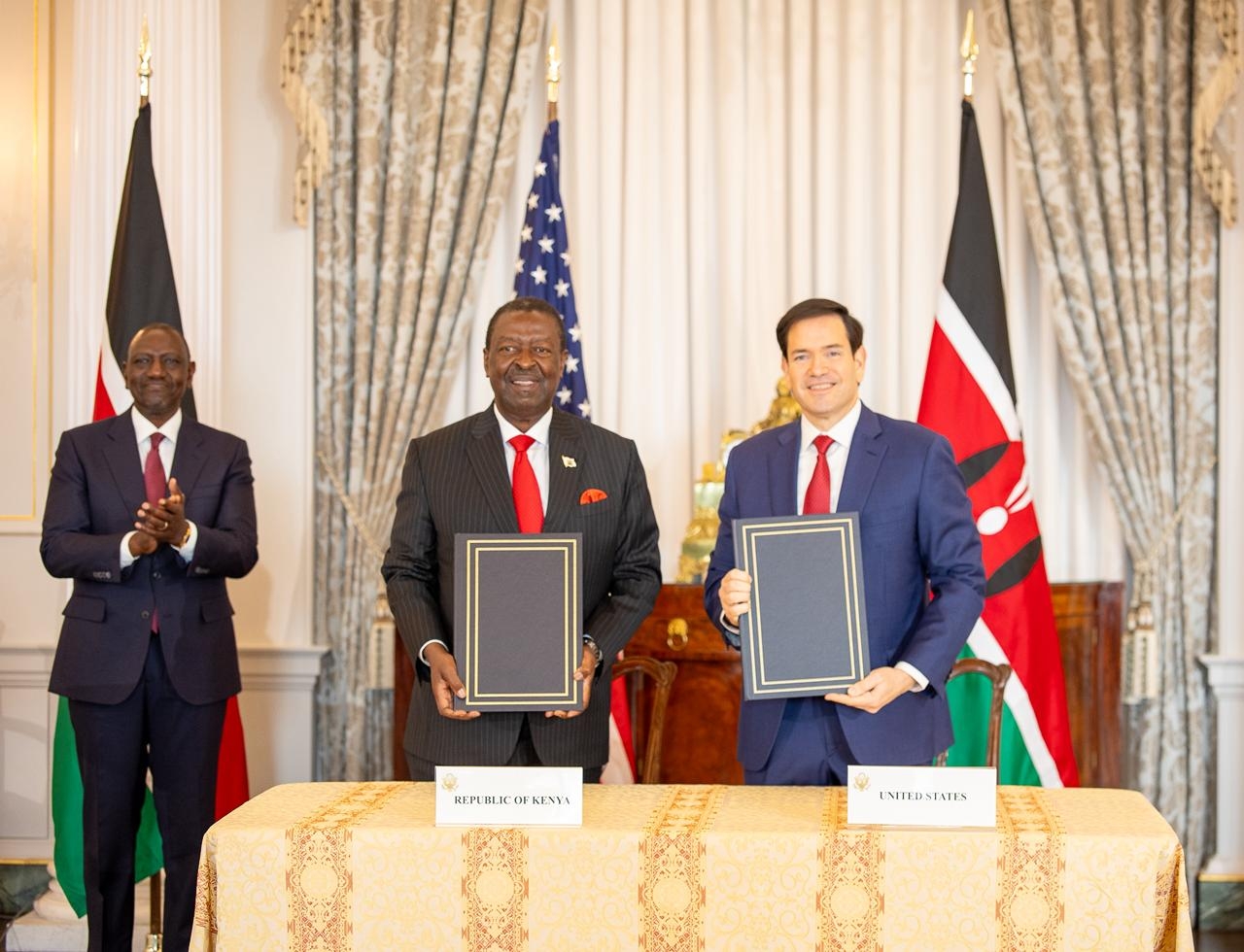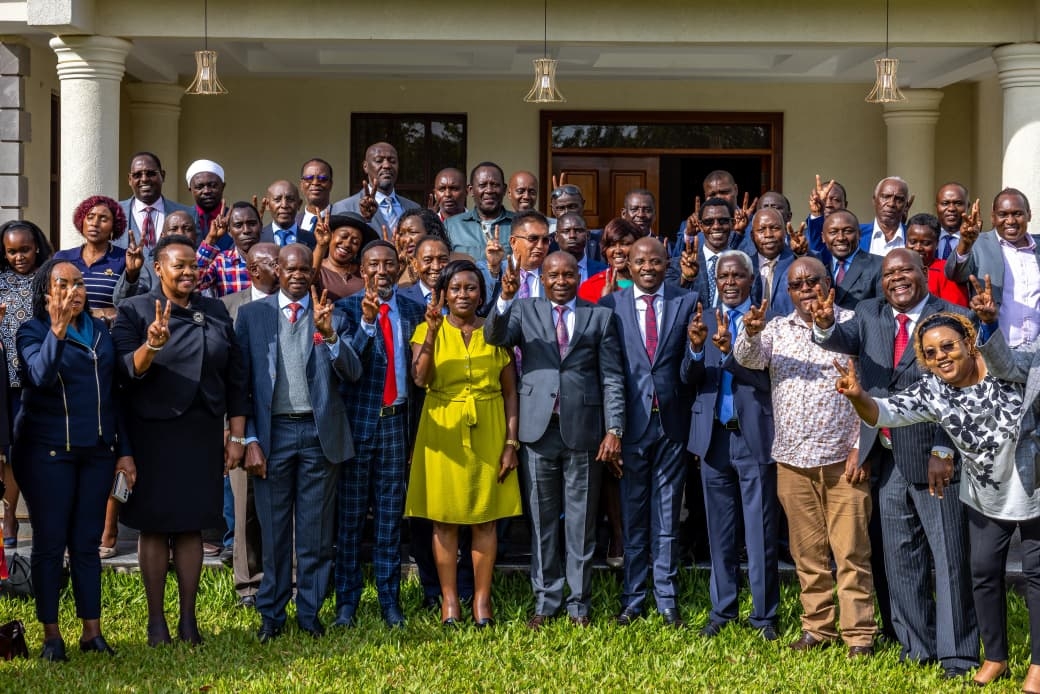Manufacturers have protested this year’s tax proposals fronted by President William Ruto’s administration.
They said this will force them to close shop in favour of imported goods.
Under their umbrella, Kenya Association of Manufacturers, they said the tax proposals will cause a surge in prices of packaging materials.
KAM is uncomfortable with the planned repeal of a section of the excise duty law which allows offsetting of duty incurred on raw materials, introduction of eco-levy and a charge of 10 per cent excise on plastic.
KAM has asked the National Assembly Finance Committee to drop amendments affecting paint, edible oils and bleached paper for packaging flour products.
CEO Antony Mwangi rejected a proposal to pay excise for goods removed from their factory on a daily basis.
“We will be forced to shut down because we will be unable to compete with importers of finished products from Comesa and EAC who don’t have some of the proposed taxes,” he said.
The association warned that if carried to the end, the import of finished products will be cheaper than those manufactured locally.
Mwangi said should Parliament proceed to adopt the proposals by the Treasury, “an escalation in consumer goods and services pricing is anticipated, inevitably fuelling inflation.”
The manufacturers raised concerns over imposition of excise on raw materials and packaging materials, saying this will render Kenyan products uncompetitive and open floodgates of fakes.
“Local manufacturers will be subjected to double taxation from the input stage to the finished goods stage, whereas imported products will only be charged excise tax on the finished goods,” Mwangi said.
The manufacturers warned that the tax proposals do not support President William Ruto's administration’s manufacturing agenda.
“It will turn Kenya to a net importer of excisable products and becoming uncompetitive within the EAC region, where significant manufacturers exist,” KAM said.
On the proposed excise on articles of plastic, KAM said a 10 per cent charge will cause consumer prices to increase by five per cent.
They association said the duty will lead to an eroded purchase of basic food items like cooking fat, margarine and yoghurt.
“The excise levy will render our products uncompetitive with regional players from Comesa and Asian countries; thus, shed approximately 35 per cent of our business and job losses of approximately 85 staff,” Mwangi said.
He said the shocks will “lead to loss of taxes to the government from VAT and customs of Sh160 million”.
“By imposing excise duty on domestically produced plastics the cost of production and thus increase the costs of goods, such food and beverages that require the use of plastic packaging,” the KAM boss said.
On edible oils, the team said the proposed duty will affect products such as mayonnaise, salad dressing and select sauces.
KAM also want MPs to delete the proposed increment of the Import Declaration Fee levy from 2.5 per cent to three per cent, saying it will impact hugely on steel and cement prices.
“This will slow down the entire construction industry and will make the affordable housing agenda difficult to be realised. Kenya shall be uncompetitive regionally and in Africa at large since other countries do not have a similar levy,” Mwangi said.
On eco-levy, the manufacturers said there is “no empirical evidence substantiating that the targeted products are significant contributors to environmental degradation or waste management challenges in Kenya.”
“This indiscriminate application of the levy across a broad spectrum of products lacks a coherent justification and threatens to disrupt several key sectors of the economy,” the association said.
It said the levy will impact the cost of paper packaging material citing the material used in primary packaging of unga and tetra pack for milk and yoghurt.
“A further increase will escalate costs of packaging for essential products in the form of unga and milk leading to a substantial cost increase for the final consumer.”
KAM said with the enactment of the Finance Act 2023, bag and sack manufacturers have lost a rough estimate of over Sh200 million in export value.
“The regional partners have built capacity in their local markets and now are expanding to have enough to sell back into Kenya from Uganda,” Mwangi said.
The fear is that a surge in the cost of packaging will stage an influx of cheap imported – some substandard, flour from black markets.

















